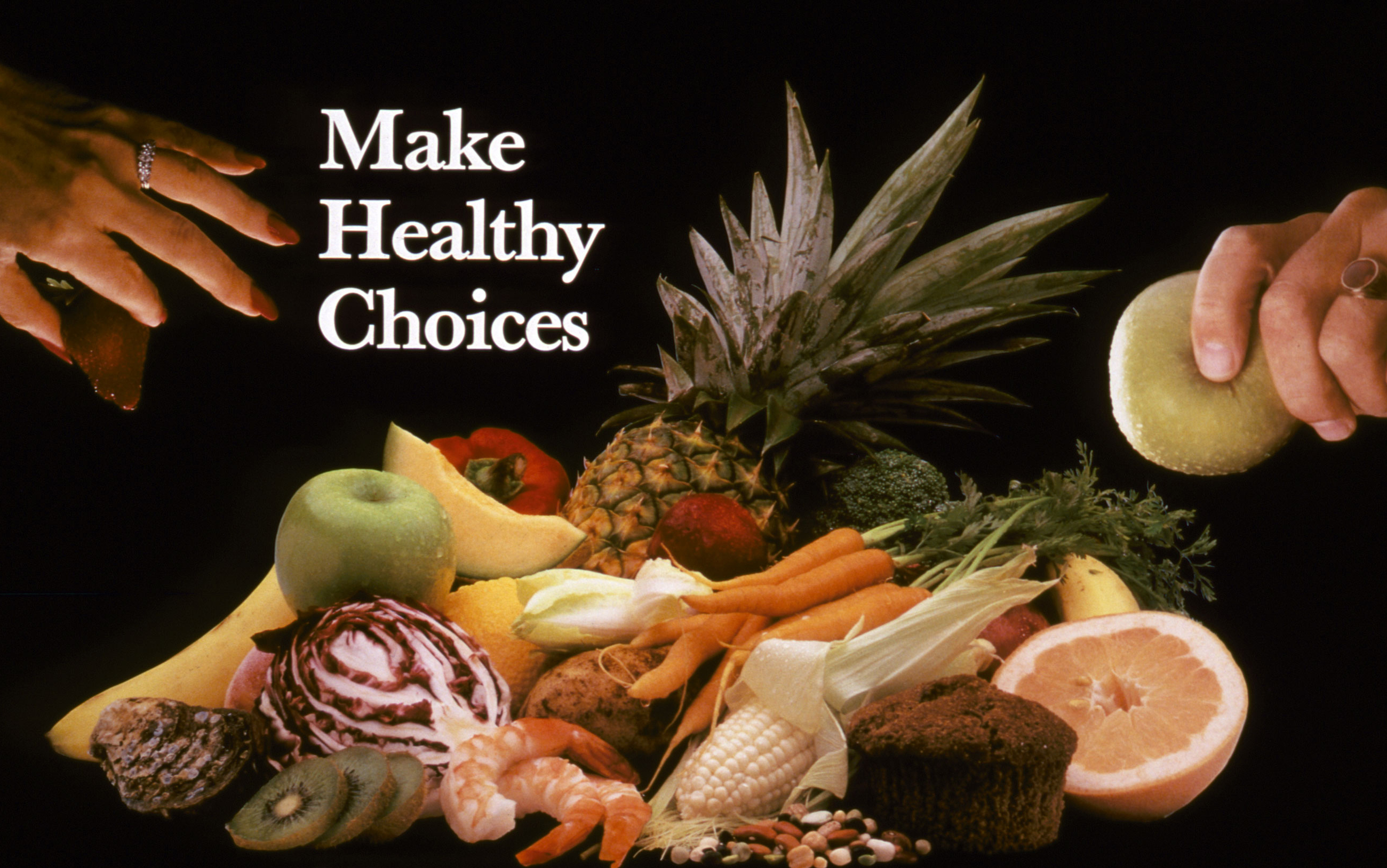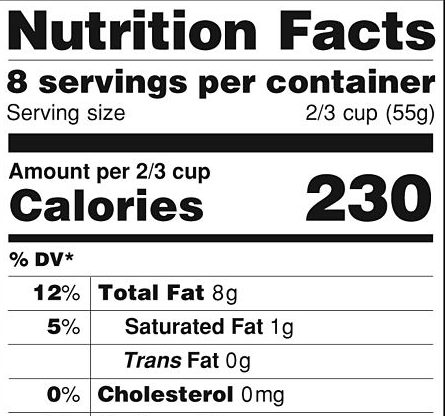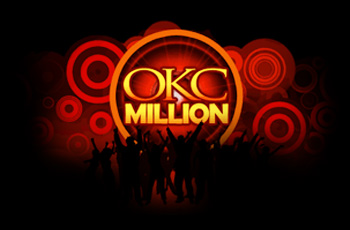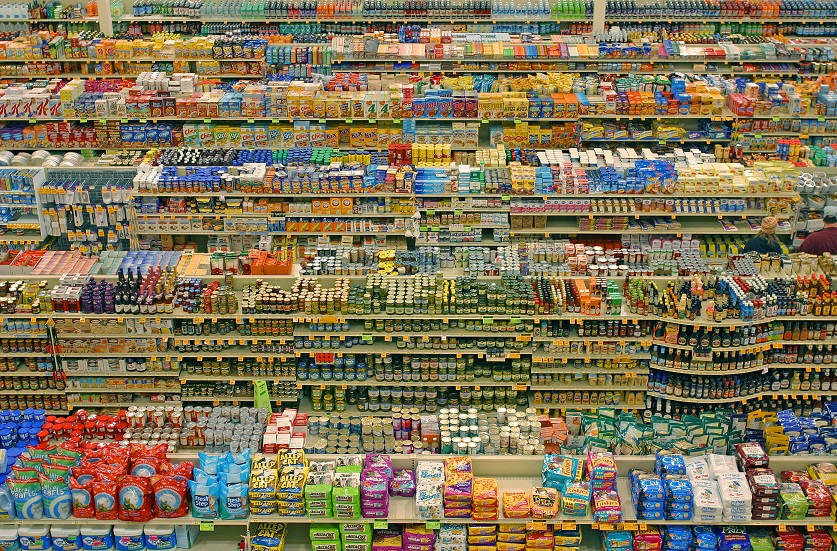Choose Wisely! Food, Pleasure and the Responsible Self
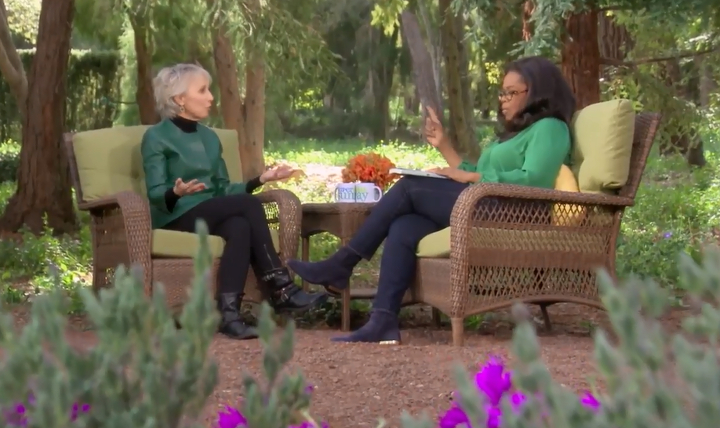
On Sunday, April 30th 2017, Oprah Winfrey, probably America’s best known talk show host, sat down for that day’s episode of her weekly talk series SuperSoul Sunday. She met Geneen Roth, author of several self-help books on eating, dieting and women’s spiritual life. Geneen and Oprah talked about a topic seemingly accompanying both middle-aged women for almost their whole lifetime, their long lasting “struggles” with food, dieting and their body—leading to life-changing insights Roth digested in her best-selling book “Women, Food and God.” I will, first, explore that show as a gateway to think about how food and body are dealt with in popular media. The show stands as a powerful example for how food and eating have become an…
